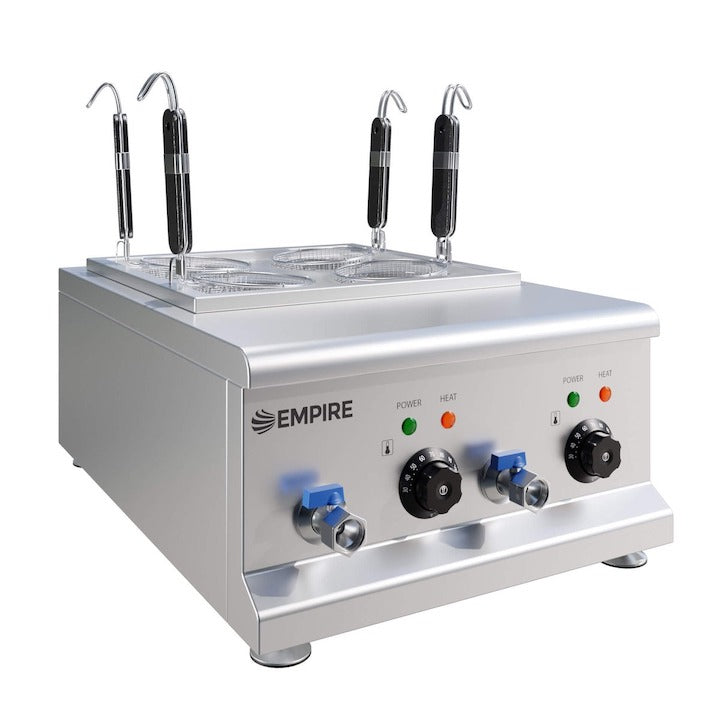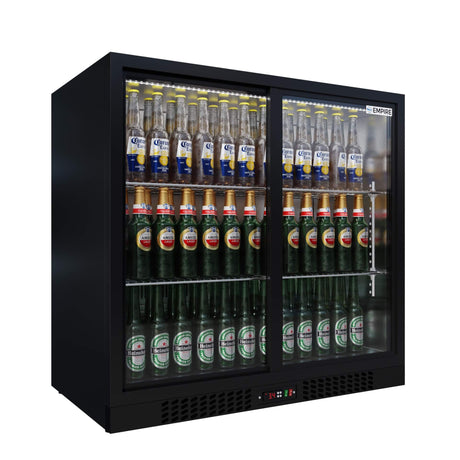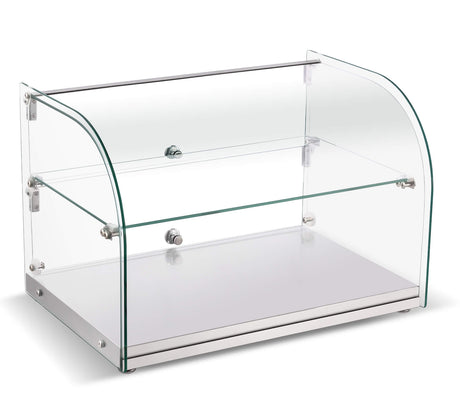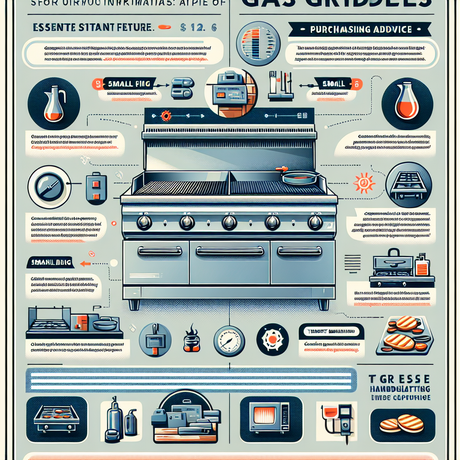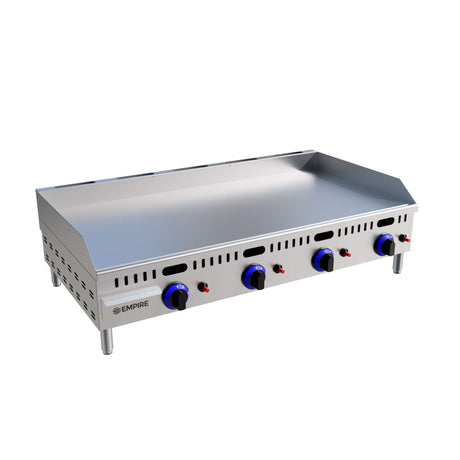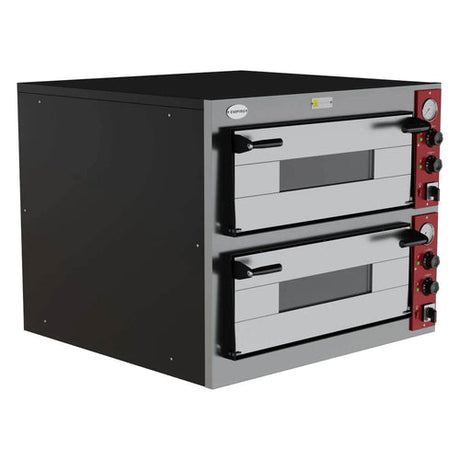A commercial pasta boiler is an essential piece of equipment for any restaurant or foodservice establishment that serves pasta dishes regularly. Whether you run a bustling Italian restaurant or a cafeteria, choosing the right pasta boiler is crucial to the efficiency and quality of your pasta preparation. Here's a comprehensive buyer's guide with things to bear in mind and to help you make an informed decision:
1. Capacity
Determine the capacity you need based on your restaurant's demand. Pasta boilers come in various sizes, typically measured in quarts or gallons. Consider the volume of pasta you need to cook during peak hours and select a boiler that can accommodate your needs.
2. Power Source
Commercial pasta boilers are available in both gas and electric models. The choice between the two depends on your kitchen setup and energy preferences. Gas models offer faster heating, while electric ones are more energy-efficient.
3. Installation and Space Requirements
Assess the available space in your kitchen. Measure the area where you plan to install the pasta boiler to ensure it fits comfortably. Check for any specific installation requirements, like ventilation or gas line connections.
4. Material and Build Quality
Look for pasta boilers made of durable stainless steel. This material is easy to clean, resistant to corrosion, and ensures a longer lifespan for the equipment.
5. Temperature Control
Temperature control is crucial for cooking pasta to perfection. Opt for a pasta boiler with adjustable temperature settings that allow you to maintain consistent water temperatures.
6. Basket System
The basket system is essential for lowering and removing pasta from boiling water. Consider a pasta boiler with a sturdy basket that makes it easy to lift and drain pasta without risking burns or spills.
7. Energy Efficiency
If you're concerned about energy consumption, look for models that are energy-efficient. Some pasta boilers come with features like quick recovery times and insulation to minimise heat loss.
8. Safety Features
Safety should be a top priority. Ensure the pasta boiler has safety features like temperature limit controls, overheat protection, and auto-shutoff functions to prevent accidents.
9. Ease of Cleaning
Cleaning a commercial pasta boiler can be a time-consuming task. Look for models with removable components and easy-to-clean surfaces to simplify maintenance.
By considering these factors, you can make an informed decision when selecting a commercial pasta boiler for your kitchen. Remember that the right pasta boiler can improve the efficiency of your pasta preparation and contribute to the overall success of your foodservice business.

